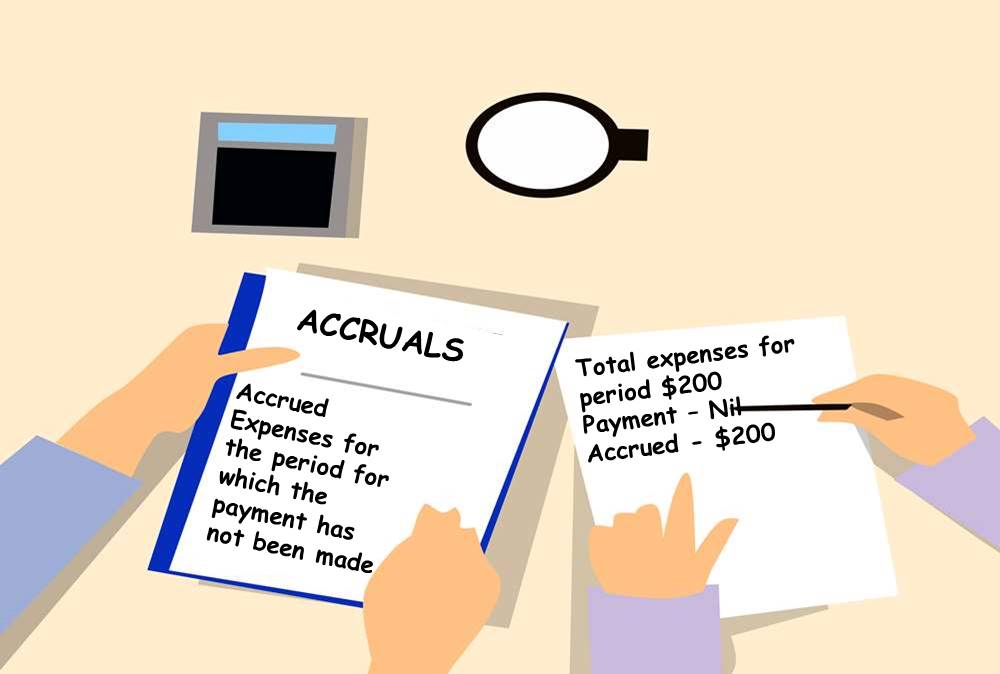ACCRUAL ACCOUNTING
()
Business Management
The process by which an individual determines direction, influences a group, and directs the group toward a specific goal or mission.

The process by which an individual determines direction, influences a group, and directs the group toward a specific goal or mission.
Course Description
In financial accounting or accrual accounting, accruals refer to the recording of revenues
that a company has earned but has yet to receive payment for, and the expenses that have been
incurred but that the company has yet to pay. In simple terms, it is the accounting adjustment of
accumulated debits and credits. Such accounting practices, therefore, have a general impact on
the handling of the income statement and the balance sheet. The affected accounts include
accounts payable, liabilities and non-cash-based assets, goodwill, future tax liabilities, and future
interest expenses, among others.

Learning Outcome
1. Define accrual accounting and how it is used to record business transaction.
2. Explain what an accrual is and illustrate how it works.
3. Compare how cash basis accounting differs from accrual accounting.
4. Explain how you affect the accrual process.
5. Discuss the importance of accrual accounting for financial reporting purposes.
Course Content
Contact us for a quote or in case of any urgent queries please send us an email on: [email protected]
we will get back to you right away!